Just a few days ago I wrote a story on the Hagerty US website about the new(ish) breed of hybrid hypercars. The gist was that car makers really don’t have a choice but to electrify their products if they are to meet ever-stricter emissions and noise regulations.
It’s fair to say that the comments section exploded, and quickly became a battleground between those who see the future of the automobile as electric and those who desperately want to cling to its combustion-fuelled past. As is so often the case with online ‘debate’ there was almost no middle ground. It was a binary argument – you’re either with me or against me.

But does it really have to be this way? Why does embracing the new have to mean you no longer love the old? Or vice versa. Surely there’s a middle ground?
Well, let me be your case study. Some of you may be aware that I made a rather rash decision to buy a 1982 Lotus Esprit last year. It’s not my first classic, following in the oil tracks of a 1971 Mercedes 280CE, a 1972 VW Type 2 camper and a 1969 Alfa Romeo Giulia Super. It is, however, probably my riskiest purchase yet and (yes, partly because of the time it will spend being fixed) it will be the one that I put the least miles on.
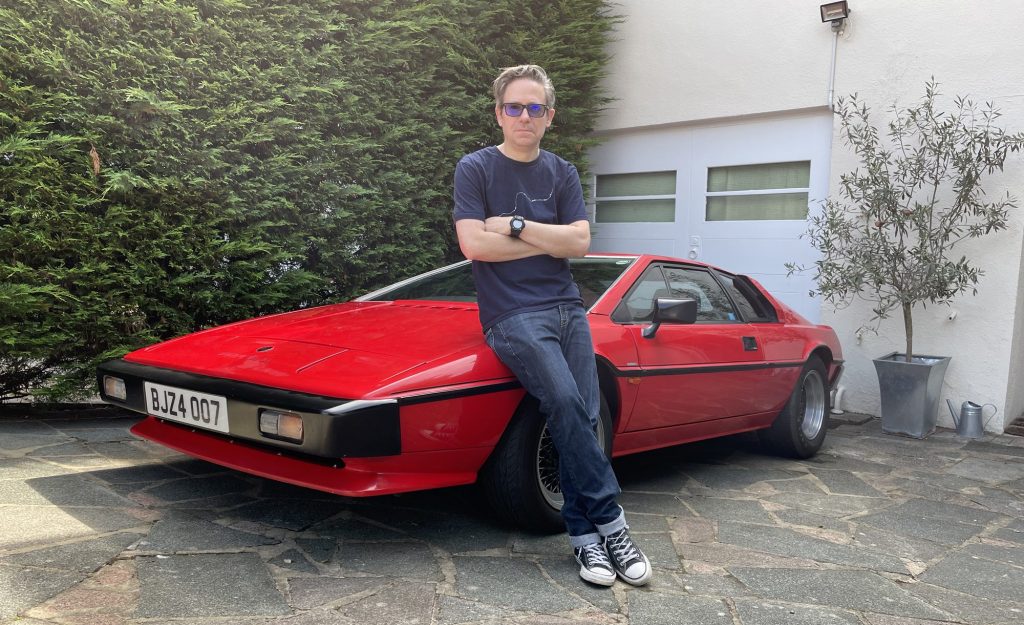
For daily duties something more practical was required, and after weighing up the pros and cons of an assortment of vehicles, I chose to lease an electric Kia EV6. Does this make me a traitor to the cause of combustion? Hardly.
I love nothing better than executing a perfect heel-and-toe downchange (not always easily done with the recalcitrant Citroën-derived gearbox and tight pedal box of the Esprit), but there’s a lot to be said for the convenience and comfort of the Kia. It’s proving to be an extremely efficient and effortless way to travel. The fact that it produces no tailpipe emissions and costs less to “fill up” than an ICE equivalent is a bonus. Even after just a couple of months of driving it, I can’t imagine going back to a petrol or diesel daily driver, 2030 new car ICE ban or not.
Judged on a simple straw poll of those who joined Hagerty for the national Drive It Day run to the Bicester Scramble, quite a few of you are interested to know how a fellow ‘petrolhead’ is getting on with running an electric car like the EV6. A solid handful of people sought me out to ask questions about making the switch.
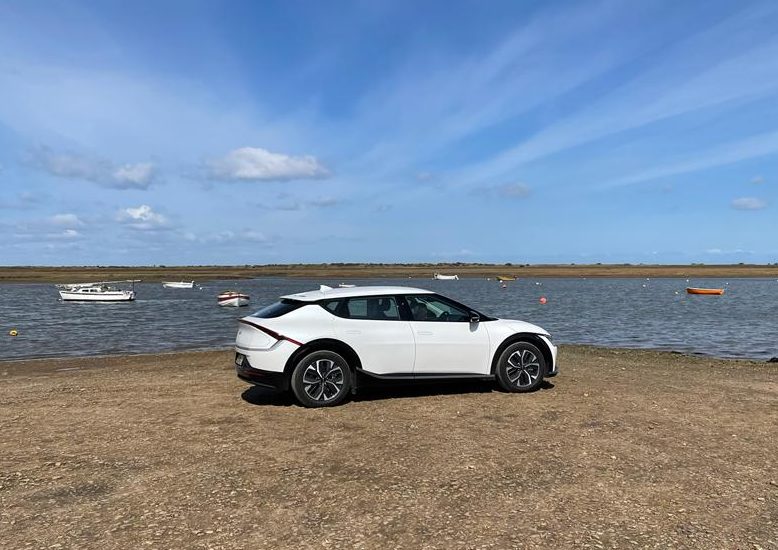
Is it exciting? Not especially, although the instant acceleration still surprises me and it’s probably no less involving than any other sensible SUV. Is it really the answer to solving climate change? Not in isolation, of course, but driving around London I do feel marginally less guilty knowing that I’m contributing less to urban air pollution at the very least.
Would I choose to swoosh silently through a series of switchbacks or take the longer way home? Probably not, but fortunately, I have my classic to fulfil those analogue needs of driver engagement. Like you I hope to be able to continue to do so for many years and that e-fuels or other solutions will arrive to keep me in the driving seat.
I recognise that I’m speaking from a position of privilege here, having my cake and eating it perhaps. As an advocate for new technology and a lover of, hands-on, old-school driving I feel the pull in both directions.
For now I’m going to keep steering my course down the middle. What about you?
Read more
Opinion: What the government doesn’t tell you about E10 fuel
Asleep at the wheel: Who is in charge of a driverless car?
Opinion: Super SUV? Give me a fast estate car any day




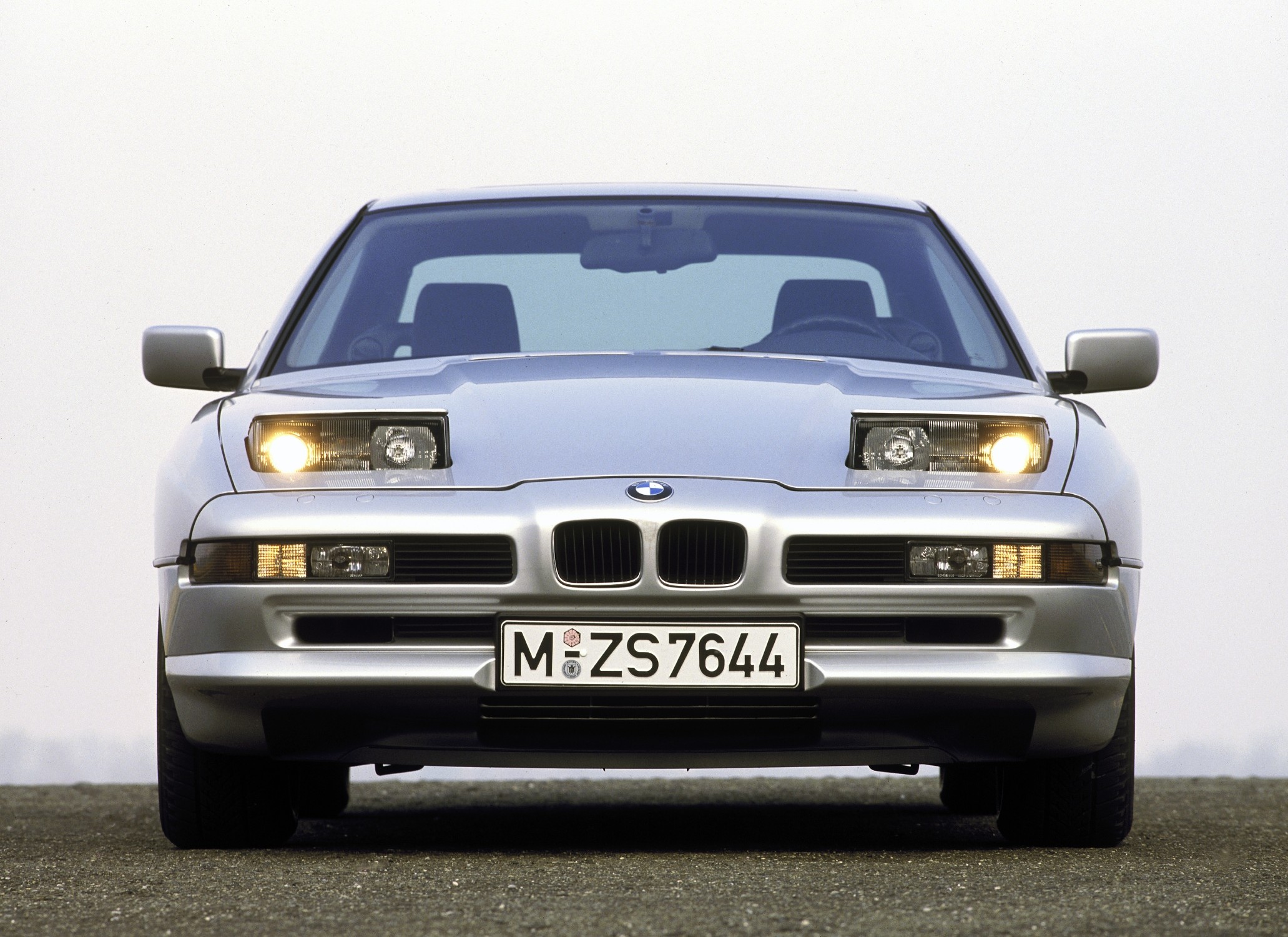

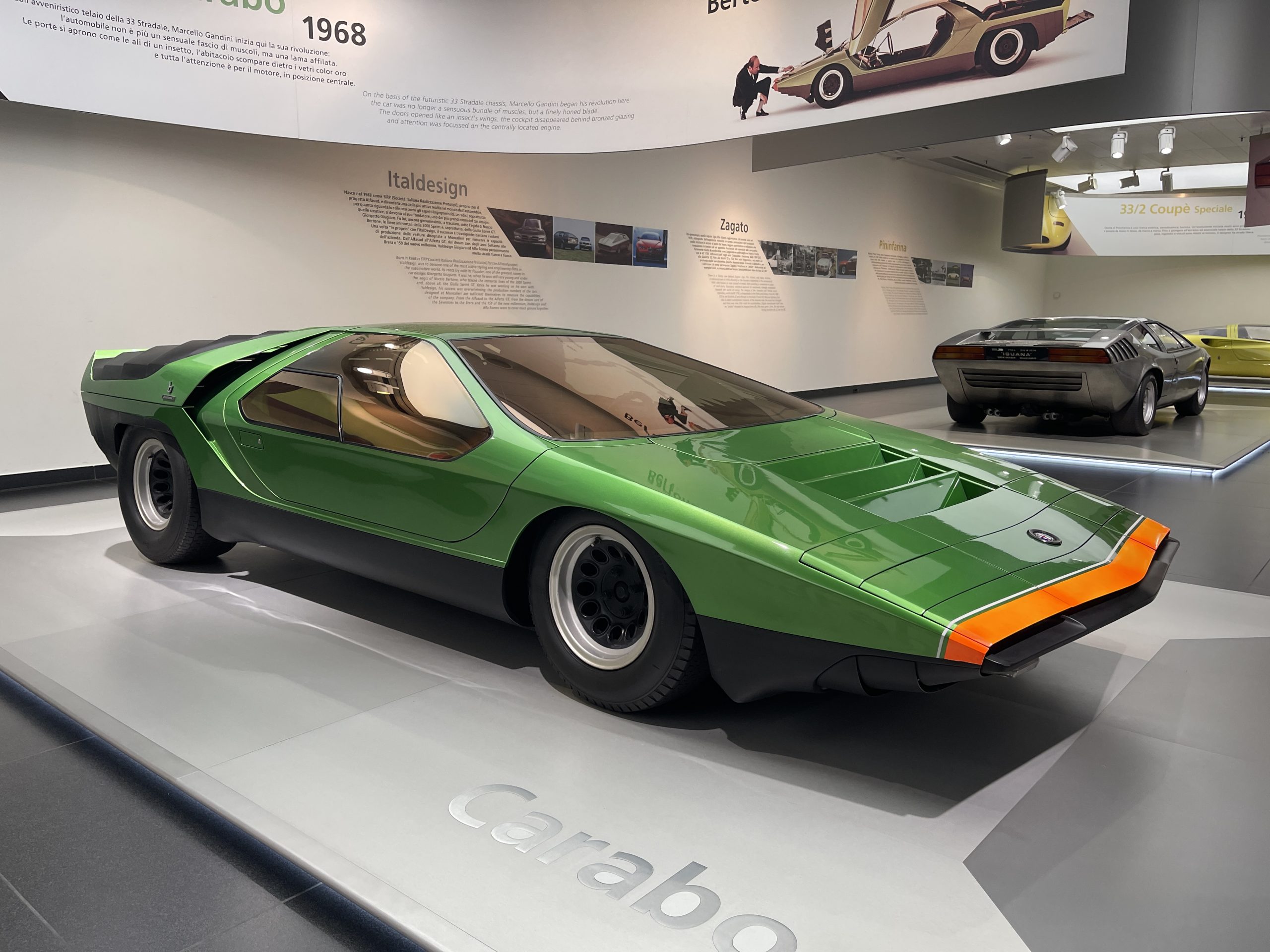
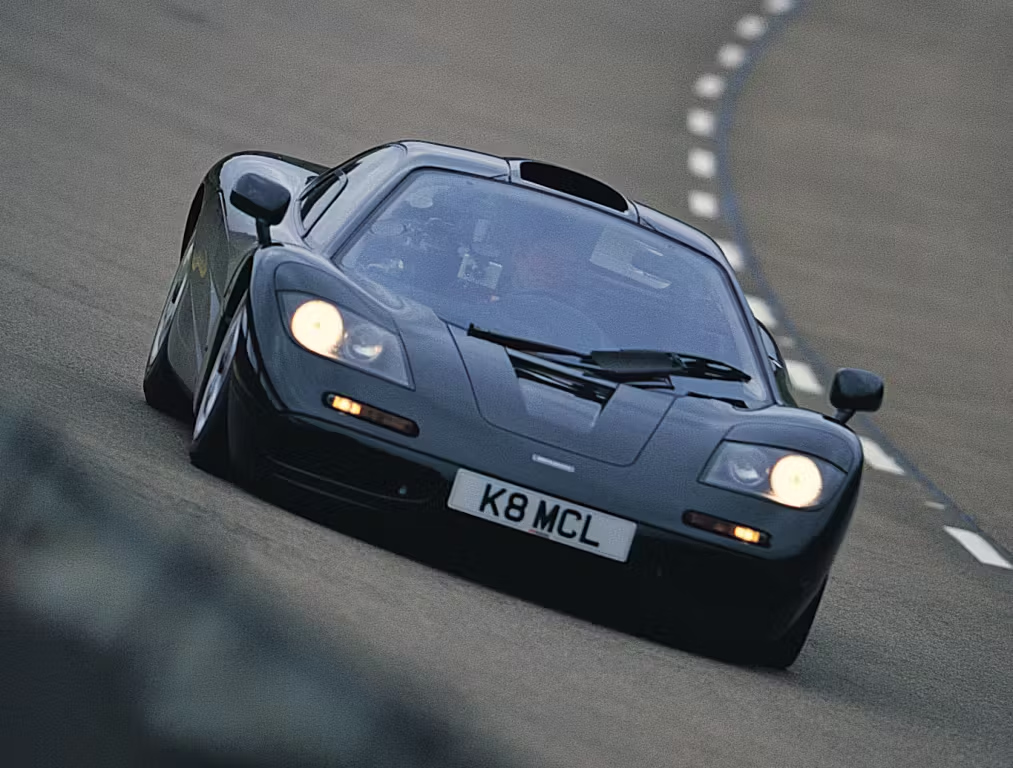


have you checked how many EV’s are laid up in France because its cheaper to buy a new car than replace the battery. What about the EV that burnt ,took
kl 60000 litres of water to put the fire out. good for the green house effect. Great living in a high rise when a battery catches alight in the basement carpark. I don’t think the greenies have though a lot of this through. What do you do with the disposal of the stuffed battery. I look to the solutions
The simple fact is, not all of us can 1) afford an expensive EV and 2) perhaps more importantly, most of us don’t have personal garages, drives or hardstandings. Anybody living above 1st floor level in a block won’t be able to charge these dumb cars. Until the infrastructure and faster charging technology is available HYBRID cars is the way to go. And don’t get meditated on heavy commercial vehicles, aircraft or shipping !!
I fully with the above comments and would just like to add that in my experience all or certainly most of these battery electric enthusiasts have some sort of vested interest in the whole thing for their own selfish gains and therefore have no consideration for families who are under severe financial pressure and struggling to run an older car.
To prove it just try mentioning ” hydrogen power to them “and wait for their response…
Furthermore due to the high cost of purchase and relatively short life of a battery EV virtually all “purchases” will be through finance schemes benefitting of course the finance industry which, if you remember brought the country to its knees back in 2008…
Enough said.
As much as I belive on having as low a carbon footprint as possible; I am not convinced of the ecological benefits of electric cars. Having an electric city car or moto makes sense; but that is not a solution for anyone who drives any distance.
The pollution argument in cities is true enough; but it takes a lot of resources to make a car and a significant amount to dispose and recycle an old one. The environmental cost of producing the batteries is being brushed aside by the manufacturers and EV promoters.
I understand the concerns of those without garages or driveways and those like myself who do not have the money to buy or maintain the batteries on an electric car . It is obscene to scrap roadworthy cars in favour of electric ones; for the reasons stated above.
Anyone who thinks buying an electric car will be economic are delusional. When EVs become the norm, governments will need to tax them to make up the difference in fuel duties. Looking 10 to 15 years ahead there may be a big enough charging network but this will need to be paid for somehow. Petrol and diesel will inevitably become unaffordable and hard to obtain. So those with old, classic vehicles and motorbikes will be priced off the road; leaving only the wealthy or businesses to have the mobility we have been accustomed to/